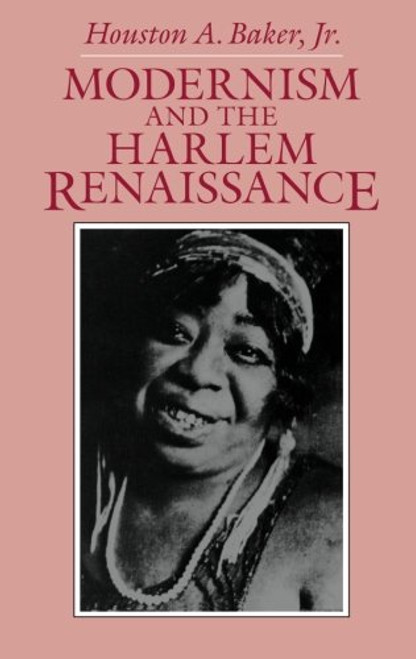Spencer brings together many independent strands of the Harlem Renaissance that have not been joined previously to propose a new theory of the epoch. This book is an important contribution to the history of African American music in the twentieth century . -- John Graziano, City University of New York
His splendid reexamination of the Harlem Renaissance is a critical study meriting serious consideration from all persons concerned with American cultural history . -- Dominique-Rene de Lerma, Lawrence University
Boldly conceived and compellingly argued, this revisionist work offers a new interpretation of the Harlem Renaissance by focusing on its music. Jon Michael Spencer challenges the emphasis of earlier studies -- which tended to bypass music in favor of literature -- as well as their general conclusion that the Renaissance was a failure because it offered an inadequate solution to the old problem of racism.
Spencer's discussion encompasses the music and writings of a wide range of important figures, including William Grant Still, James Weldon Johnson, Roland Hayes, Alain Locke, and R. Nathaniel Dett. He argues that the singular accomplishment of the Harlem Renaissance composers and musicians was to achieve a two-tiered mastery : their work drew on the mood and spirit of African American folk music while mastering the forms and techniques of the European classical tradition.
Spencer also contends that the Harlem Renaissance extended for three decades beyond the 1920s. He thus contests assertions that the arrival of the Great Depression effectively ended the Renaissance, as issues of economic survival subsumed artistic aspirations. In positing a much longer period for theRenaissance and offering evidence for it, Spencer argues that this flowering of African American creative endeavor constitutes a major cultural legacy that can only be described as a resounding success.








